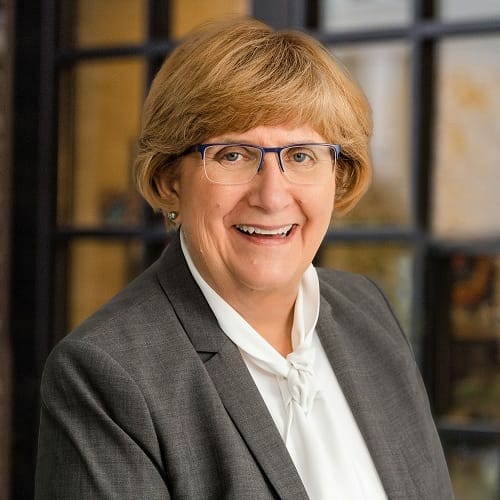
The spouse of someone living with dementia is experiencing not only the pressure of caring for a loved one, but also their own personal loss and sadness. This profound change in their relationship can be difficult and overwhelming for the couple. Many caregiving spouses don’t ask for the help that they desperately need. Here are some ideas on how you can provide support for a couple with dementia:
1. Changing Roles. As the spouse living with dementia slowly becomes less capable of managing daily tasks and responsibilities, the caregiver will be faced with more and more to take on. This may mean paying the bills, managing the care of the house, setting appointments, driving, budgeting, handling legal issues, and household chores. Making important decisions alone can be scary and overwhelming.
How you can help: Offer to help the caregiver plan ahead and prepare. Help them organize their finances, find important documentation, or seek professional help from a financial advisor. Be there as a sounding board when they need to make tough decisions. They may be feeling very overwhelmed, so support them with these tasks where you can or help them find professional assistance.
2. Intimacy and Connection. A caregiving spouse may experience grief and loneliness as their spouse becomes less engaged, less affectionate, unable to contribute to conversations, or recall past times they’ve shared. Emotionally and physically their relationships can change dramatically. As they watch their loved one slip away, they may experience depression, frustration, deep sadness, and guilt for their loss.
How you can help: Give them a hug, hold their hand and offer a gentle touch. Give them a gift certificate for a massage to relax. A caregiver may be missing that physical connection. Your love and affection can help fill a void. If they are experiencing depression, help them seek out professional help and support groups in their area. Brainstorm on ways to find new connections with their spouse – make the couple a special dinner, look through old photos together, or let them hold hands in the back seat as you take them on an afternoon drive.
3. Loss of Connection with Others. As a caregiver takes on their new role, they may have less time for friends and family. They may feel unable to leave the spouse with dementia at home alone and too overwhelmed to try to venture out together. As memory loss progresses, the couple may begin to withdraw socially.
How you can help: Stay engaged with the couple. Make contact with regular phone calls, visits, and offers to help. The caregiver may not ask for help, so you may need to take some initiative and suggest ways that you can support them. Family members should rotate regular visits and keep each other aware of changes and needs.
4. Decline in the Caregiver’s Health. Often, the daily stress of caregiving can negatively affect the provider’s own health and well-being. Caregiving, especially for a spouse, can be all-consuming as they are trying to care for their loved one emotionally and physically. Caregivers can experience higher blood pressure, decreased immune function, and increased odds of heart disease.
How you can help: Give them a break in their caregiving. Offer to care for the spouse with dementia and give them time to do something for themselves. Your time is the greatest gift that you can give a stressed caregiver. Help the spouse realize they don’t have to be the only helper to be a good wife or husband. Seeking help is healthy and reasonable.
Caregiving can be exhausting, frustrating, and emotional. But it should not be done alone. It is often difficult for a caregiving family member to admit that they are sad, overwhelmed, or need help. As a friend or a family member, the greatest gift to that caregiver is to offer support and to keep offering help for the duration. If you have more questions about how to support your friend reach out to your local Aegis Living community. At some point, you will find out the best ways to help and it will be met with gratitude.
